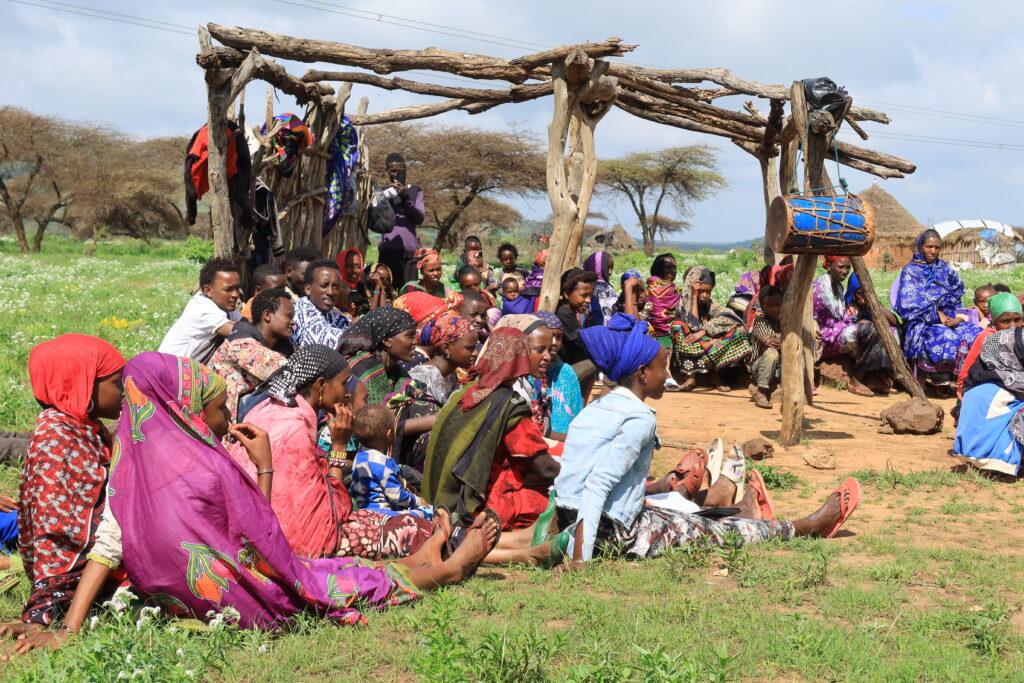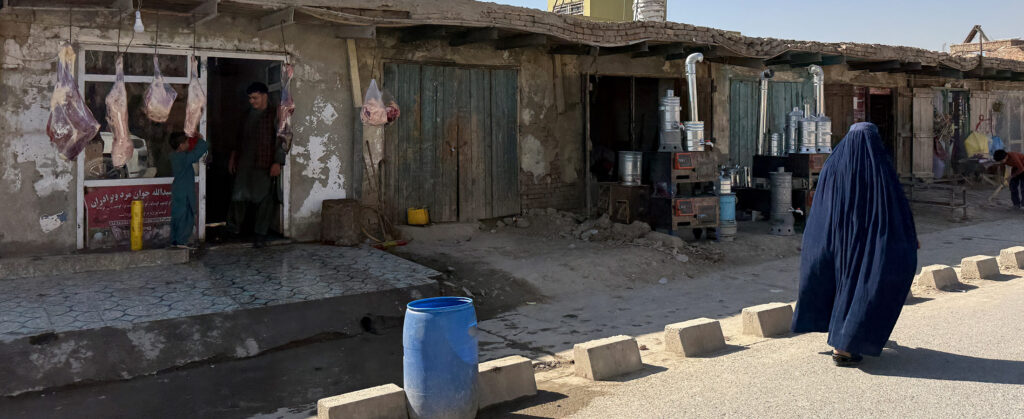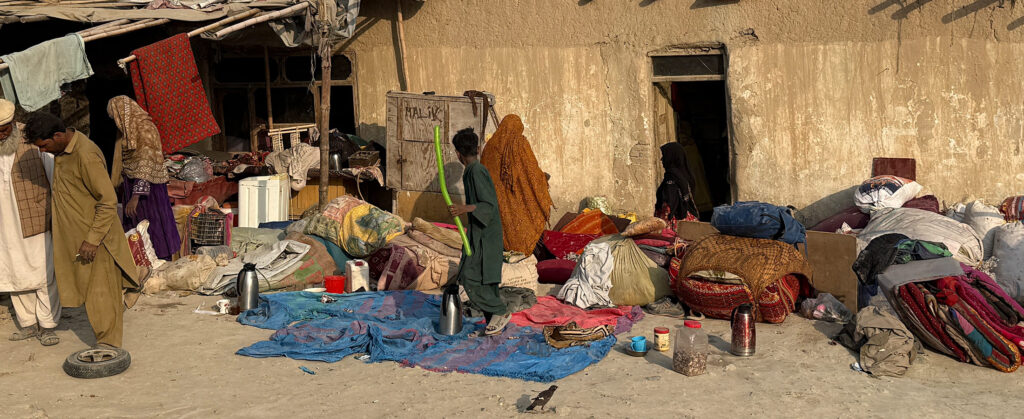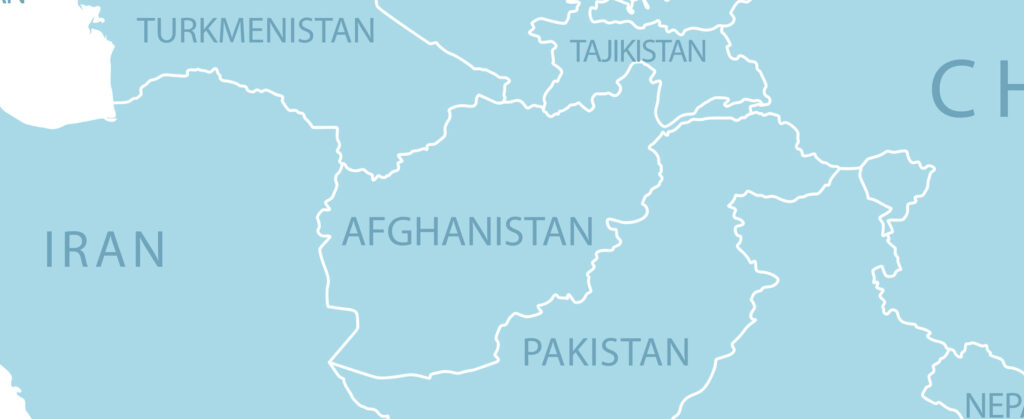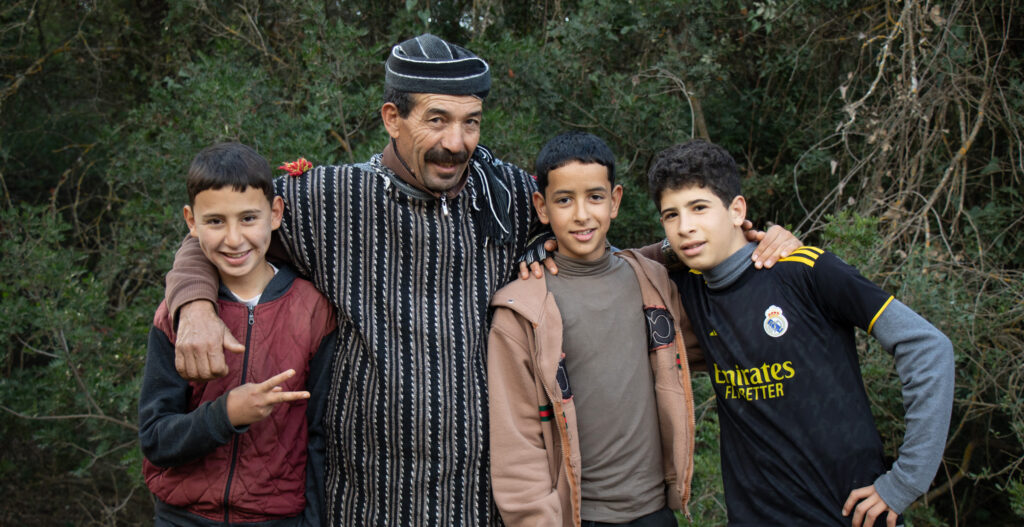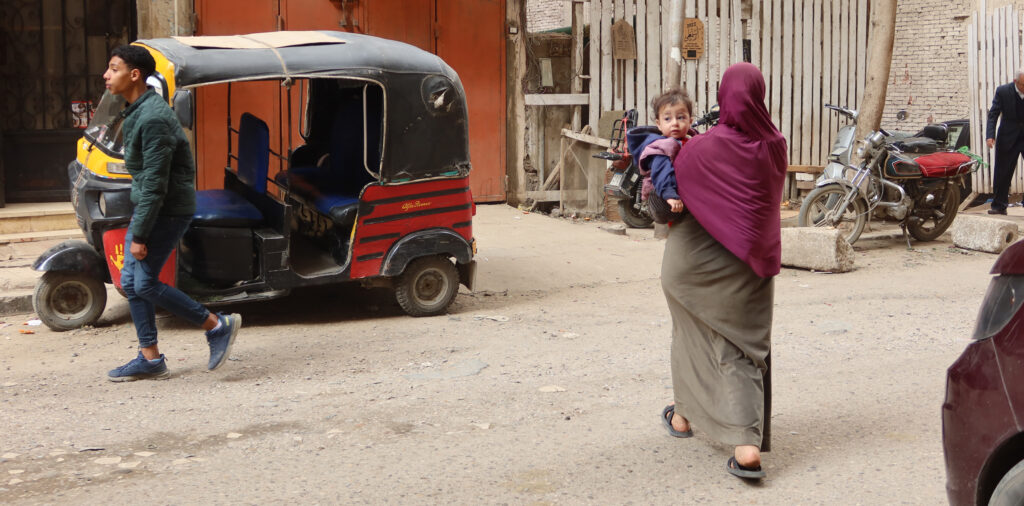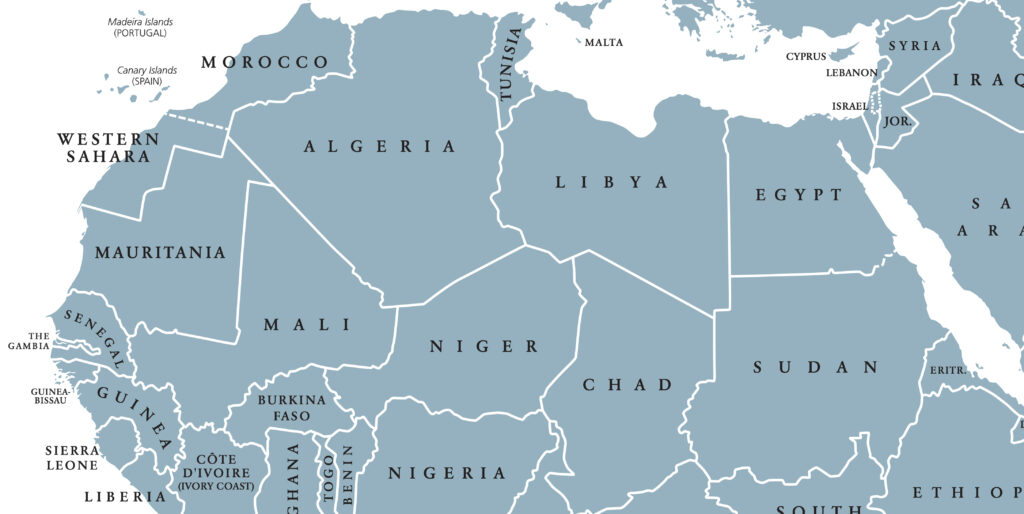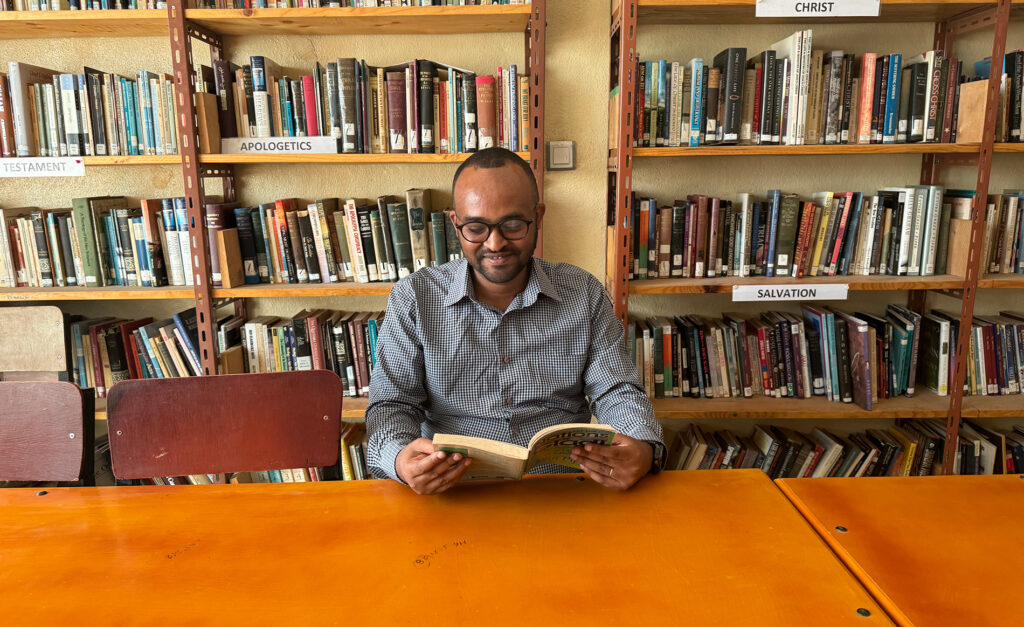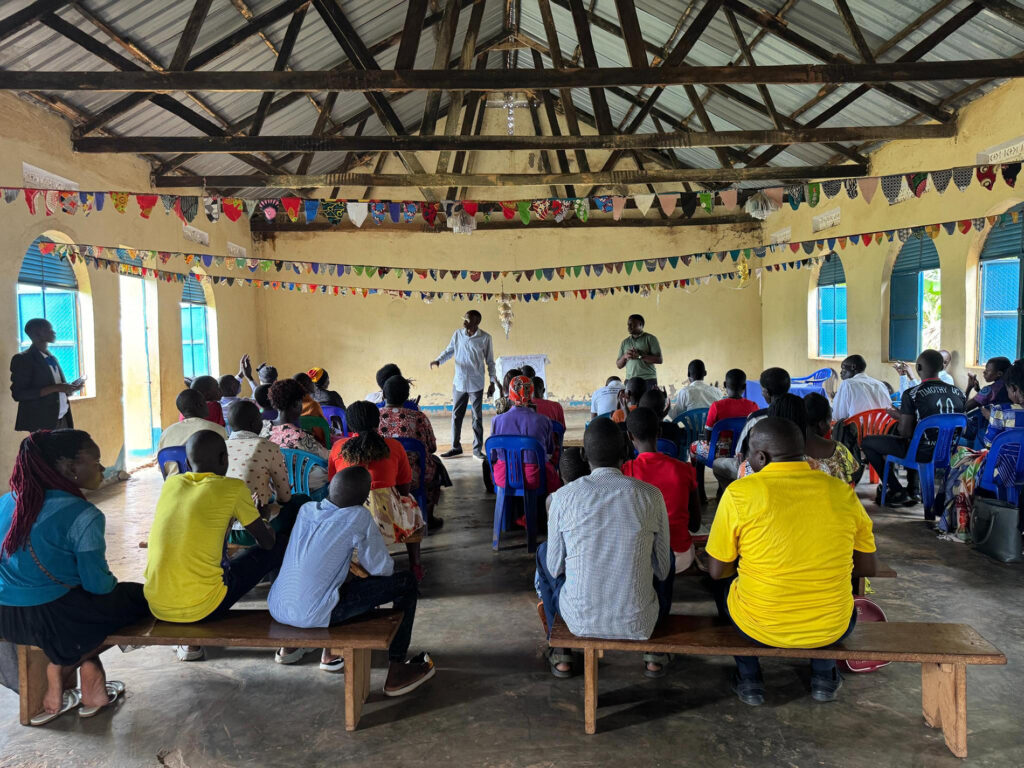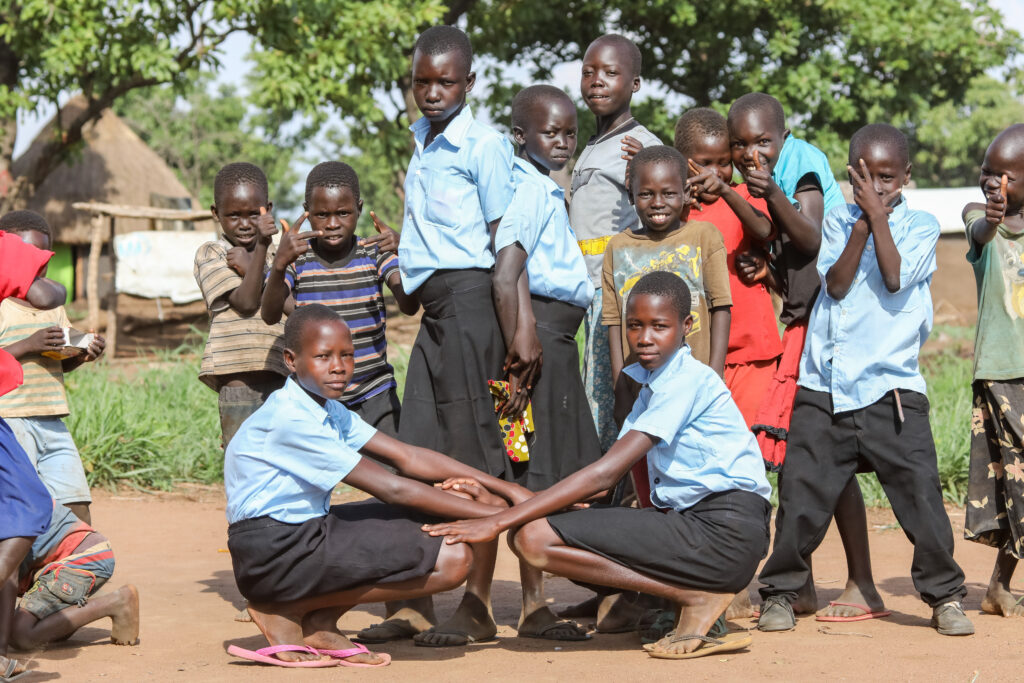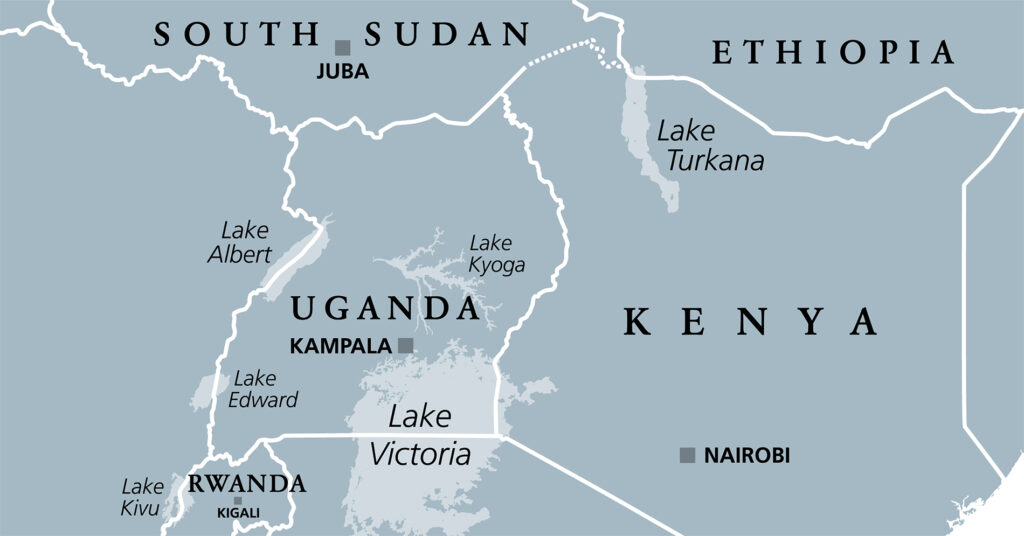THE NUMBER OF PERSECUTED believers in difficult countries who say they were not surprised to be persecuted amazes me.
“It’s in the Bible,” they say. Yet, that’s not how I think of persecution. I don’t expect to be persecuted.
Our North American evangelical culture tends to emphasize salvation, blessing, and comfort. The top three most frequently quoted Bible verses are John 3:16 (“For God so loved…”), Philippians 4:13 (“I can do all things…”), and Jeremiah 29:11 (“…plans to prosper…”).
Salvation, blessing, and comfort are part of our inheritance as children of God. But there are also many places in Scripture that talk about being hated as Jesus was hated, about families being divided by Christ’s message, and that the way of following Christ is a narrow and difficult path.
If I don’t expect persecution, I forgo fellowship with the body of Christ. At this point in history in my North American home, it’s possible I won’t face much more than a derogatory remark. But being a part of the body of Christ means that when one suffers, we all feel it.
When my brother in India gets beaten by a crowd because he was at a house church meeting, I should share his pain. When a sister in China is too afraid to attend church because she knows authorities are watching on security cameras, I should feel that fear. And when a widow in Nigeria weeps after her husband is murdered by extremists, I should weep with her.
SOME OF OUR PARTNERS in countries where Christians are under pressure are doing an incredible job of building a resilient church by preparing believers to withstand persecution. A partner in Mexico, Roberto, has walked alongside persecuted Christians for decades. Over time, he has developed a training curriculum to equip Christians to withstand persecution.
Roberto starts by teaching believers what the Bible says about persecution. “We realize that they don’t know what the Bible teaches about persecution, which leads them to make mistakes in their responses and makes them an easy target,” Roberto said.
He takes this training all over Latin America and recently returned from Colombia, where they met with persecuted believers from Colombia and Venezuela.
“We have seen that once there is biblical knowledge about the theology of persecution, the challenges the church faces are resolved by the divine power of the One who is the head of the church,” he said.
CHRISTIANS IN INDIA commonly face violence like beatings, church attacks, and sexual violence. Pastors are often falsely accused and spend time in prison. But there is also something our partner, Dev*, calls “structural persecution.” These are federal and state laws designed to marginalize Christian populations.
In this environment where persecution occurs at many levels, Advik believes it is crucial to teach believers how to face persecution. Like Roberto’s curriculum, Dev’s workshops start with a foundation in Scripture. His team educates believers on what the Bible says about being persecuted but also on how to respond to persecution according to Jesus’ example. They also discuss how to weather persecution without becoming bitter.
As a practical matter, Dev trains Christians throughout India on the laws and their legal rights. “Many pastors and Christian leaders do not know what the law says about religious freedom or how to speak to the police. How to speak to the media. How to document an incident with photos and videos,” he said.
Another aspect of the training involves wise actions while sharing the gospel. “Don’t invite persecution,” Dev said. “One needs to be sensitive in a diverse context like India. We should refrain from criticizing other gods and goddesses and so hurt religious feelings. We need to mind our language very carefully.”
AVOIDING UNNECESSARY PERSECUTION is the first step in preparing for persecution, says an ICR partner in Egypt. Abdul* and his ministry team work with hundreds of people who have left Islam to follow Jesus. Instead of holding teaching sessions, this ministry follows a discipleship model, where mature Christians meet regularly (usually once a week) with new believers. They come to know these new disciples deeply.
“We are inside his life,” Abdul said. “So, we know his situation well.”
This way, when a new believer tells his mentor he wants to share Christ with his wife or with a coworker, the mentor knows the character of the wife or coworker. They know whether that person might be open to Christ or whether openly sharing the gospel might cause problems for the new Egyptian believer.
“We call this holistic discipleship,” Horus said.
This year, they are working with 326 Christians who are former Muslims.
This ministry has found that if a family unit comes to Christ, they will experience less persecution than if an individual family member becomes a Christian. When a mentor is working with someone who is interested in Christianity, they try to involve the whole family – a spouse, parents, or older children – and win them all to Christ.
Another way to avoid unnecessary persecution is by not changing cultural habits when someone becomes a Christian. Abdul calls it the “frame culture.”
An ICR field worker explains it like this: “He is referring to 1 Samuel 16:7. Their ministry approach is to focus on what the Lord seeks (the heart) and give the human environment what it seeks (a frame). “We focus on the things that matter to God. It is a fine line for a person from a Muslim background who finds faith in Jesus to stay in their community to be a witness, but it is very important.”
Frame culture includes things like how someone dresses or the greeting they give. Christian background people in Egypt (Coptic Christians) would typically say, “Good morning” or “Good evening.” A Christian from a Muslim background can say, “Peace be upon you” in the Muslim tradition, without compromising their faith and bringing unnecessary persecution.
This approach works because of the strong emphasis on discipleship. A new believer might not change how he looks, but he will be more loving toward his wife and forgiving toward his coworkers. When those around him notice the differences, they will likely be more open to the gospel because they have witnessed the transforming power of Christ in the life of their spouse or coworker.
Even with all these strategies, persecution will still happen. And ministries like Roberto’s, Dev’s, and Abdul’s are there to help when that happens.
“Resolving a case of persecution is not about winning legal disputes; it is about being a light in the midst of hostile environments,” Roberto said. “Resolving family persecution is not about whether your father or brother or wife doesn’t persecute you; it’s about the church supporting a fellow believer who faces persecution in his home or community. In other words, it’s about the persecuted church not ceasing to be the church.”
*Names changed
